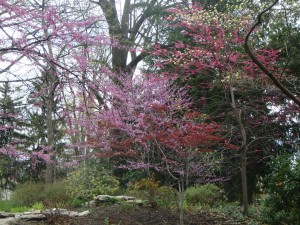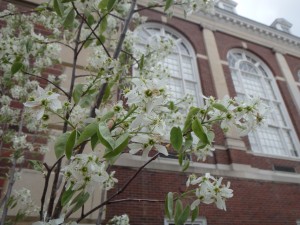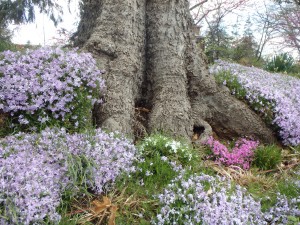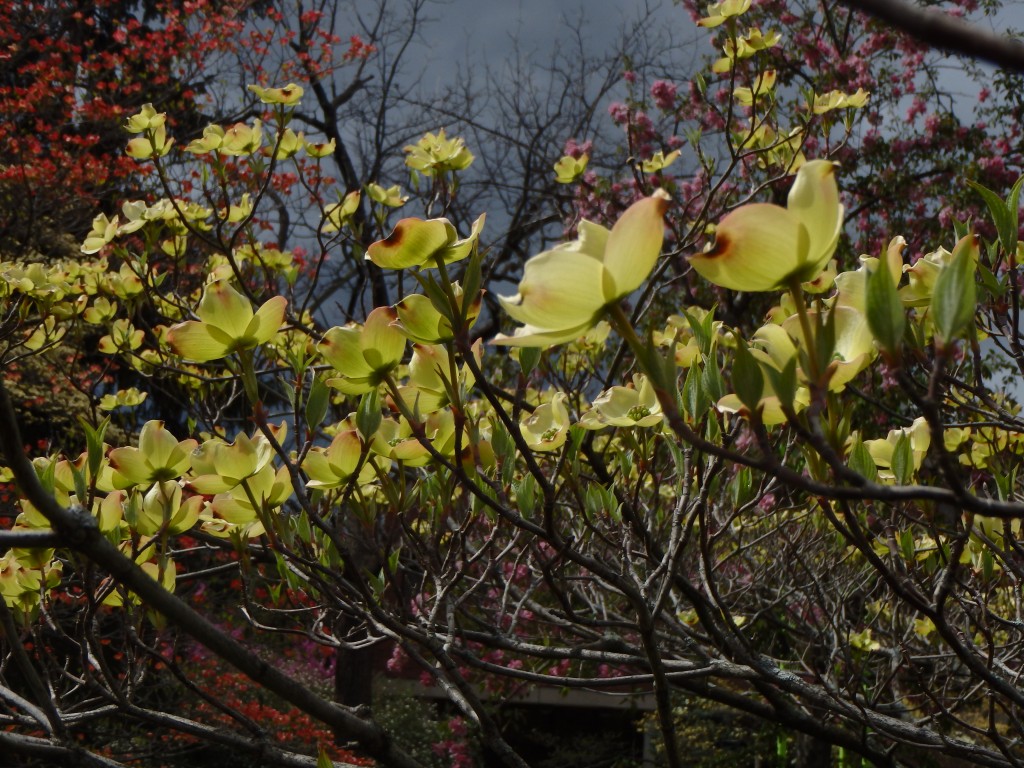
order Pregabalin Two types of redbuds, two dogwoods, and a Japanese maple, on the UK campus.
Kotapārh I had been to Lexington once before, when in high school. The university is home to something called the “Tournament of Champions,” which is something like the World Series of Poker for high school debate geeks. Nevertheless I really did not know what to expect from Lexington. I remember liking a song in high school (“Pineapple Head,” by Crowded House, a song I really don’t think too much of anymore) but being scandalized by its lyrics, “Don’t remember if she was my friend – it was a long time ago.” I felt, with all the passion of youth, that somehow everything was eternal, that everything needed to be remembered, but more than anything else love and friendship endured in all but the ignoblest of hearts. How could friendship end in oblivion? — But now there are enough years behind me that I know that good things indeed face oblivion, at least in human hearts.
I’m not sure I’ve forgotten any of my friends yet, but I certainly had forgotten Lexington, Kentucky. I had spent a few days there when I was an impressionable eighteen-year-old, and it’s true that I remember a few things – I remember we went to the racetrack and bet on some horses, and I remember we went to a Waffle House, the first time I had ever seen a Waffle House, and I remember that a pretty girl told me that I was unlike any other Regis boy she had ever met – “you have longer hair,” she said. But I didn’t remember the town or the university at all.
There was some reason for that. I headed downtown first. When I asked people about downtown Lexington it seemed no one had anything in particular to say about it – no “oh yeah go to this bookshop or this main square or this one cool street.” I wanted to pick up a Louisiana guidebook of some sort, so I figured I’d go to the main bookshop in town – doesn’t every university town in America have such a bookshop? – but I couldn’t find anything. There weren’t any memorable shops at all, in fact, nor any buildings that made me reach for my camera. There was a large modernish square, which was trying, and it sort of looked good, but no one was there. In fact no one was downtown on foot at all, except me.
I walked around the courthouse, and was a bit surprised to find it graced by two statues – John Breckinridge and John Hunt Morgan, both confederate generals. Kentucky at first had attempted to maintain neutrality, but ended up on the Union side early in the war. I had taken that historical fact probably a bit too seriously: Kentucky was south of the Mason-Dixon line, had been a slave state, and even today it feels like part of the South, in innumerable particulars. The accents are quite enough; they are stronger than most accents of the Eastern seaboard South today. The Kentucky writer Wendell Berry, whom I greatly admire, nevertheless shows distinct sympathies with the Confederacy. I am of one mind with Grant on the “Lost Cause,” and I will quote from his memoirs: “I felt like anything rather than rejoicing at the downfall of a foe who had fought so long and valiantly, and had suffered so much for a cause, though that cause was, I believe, one of the worst for which a people ever fought, and one for which there was the least excuse.”
But I knew I would have much more time and cause to reflect on the Civil War as I came north from the Gulf.
I decided to walk toward the University, and had to ask a couple of construction workers working on a job – just about the only people around to ask – where the campus was.
“Yer gowna try to walk theah?”
“The university can’t be that far from downtown, can it?”
“I dunno, it’s gotta be a couple mahl.”
Well, that might explain why there were no students around the downtown at all. And why the downtown seemed to have no collegiate character. I grabbed lunch at an Irish-pubby kind of place that could have been in midtown Manhattan and in the end got picked up and driven to the university by Catherine. And immediately I began to forget downtown Lexington all over again.
Catherine and I drove to the post office first thing. It was tax day, and the post office was visited by a steady stream of improvident procrastinators, as well as myself. She had no access to a copy machine, so we used my camera to take images of the pages of her tax return. I admired the accents of the ladies in the post office (“Oh mah you desahded to brayeev the lahns on tax-dayee!”), and then we walked around the university.
The university’s grounds, like the town itself, are not apt to excite architectural enthusiasms. But they are pleasant enough, a mixture of nice old and not-so-nice modern, jammed onto campus without too much order or harmony, but still well-kept and set amongst green lawns and ornamental trees and shrubs.
Those trees became the subject of my enthusiasms, in fact. The campus must boast one of the best collection of flowering trees in America, and I had arrived just about at the peak moment. Redbuds were everywhere – as I was later to discover, they are all over the entire state, in fact – and in full bloom. The dogwoods were just before their moment of full expansion, when they are most exquisite and delicate. Crabapples were in full bloom and leafing out too. Amelanchiers were still blooming, along with spice viburnums and phlox subulata. The magnolias were past peak but still colorful. It was still cold – it had snowed that morning – but the snow had all melted and the trees were unharmed. And I had just come from the cold north the day before, and the newness of the spring, as it does every year, overwhelmed my spirit and senses.
Early in the evening we met a friend from Rusticatio Virginiana, Andreas, one of the country’s great Latin speakers. We had dinner at a New-Orleans themed eatery on the outskirts, conversing the while about Kentucky and Christianity and gossiping about people we knew – entirely in Latin. One of the glories of the University of Kentucky – this might surprise some people – is its Latin program, thanks in large part to the efforts of Dr. Terence Tunberg, one of the eminences of the world of classical philology. The University of Kentucky is one of the few universities in the world which still offers courses taught entirely in Latin. His work had encouraged a man like Andreas – a sophisticated man of the world who had moved from Sydney to California – to relocate to Kentucky for the Latin community there.
As I got up from dinner Andreas looked at me. In English he said, “Are you all right?” I had barely been able to get up out of my seat, and he could see my legs quiver and my body buckle as I almost fell when trying to stand. The pain in my back was so bad that I was almost unable to move after any time in a chair. “Are you really going to be able to bike 2,500 miles starting in a few days?”
I figured, while waiting for my truck to get fixed, maybe I had better try to confront the other great disaster of the trip so far: my physical health. I could barely move without pain, and I was supposed to be heading off on a massive physical challenge. Like all the people coming into the post office, I’d put it off just about as long as I could put it off. But I figured I could start on it tomorrow.



One Trackback/Pingback
[…] I had first pulled into the transmission place in Lexington, I will confess that I felt a thrill of Providential Comfort, the sense we have from time to time […]
Post a Comment